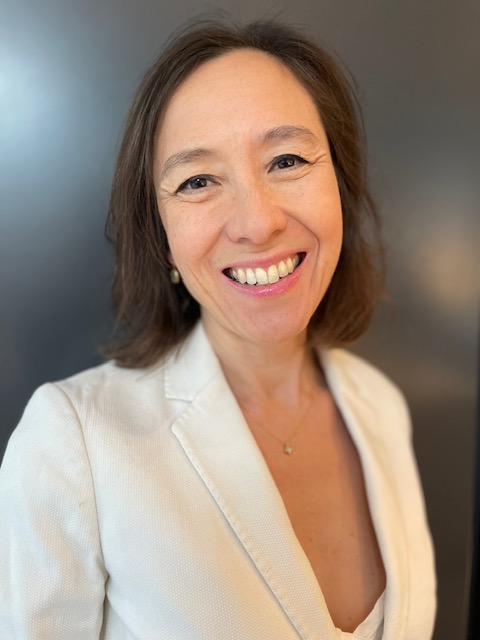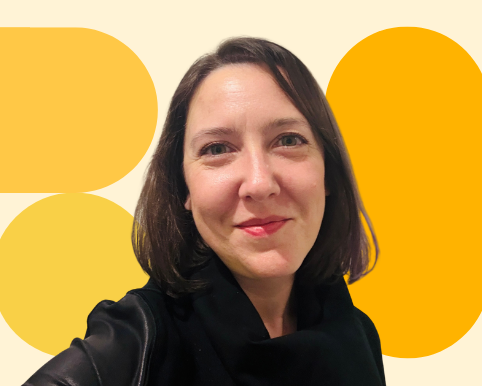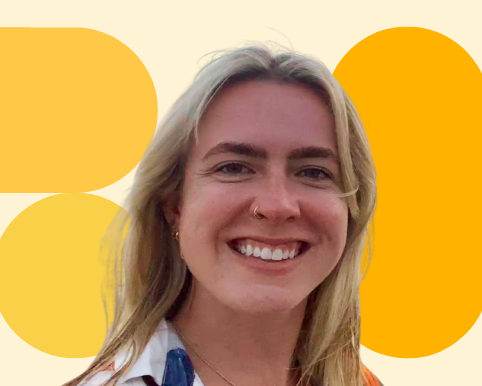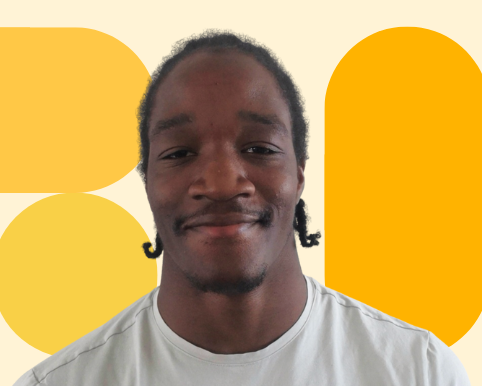What does a Clinician do?
By Dr Meekai To onIn this series, we explore some important roles in the life sciences, and how their work impacts patients and families.
A clinician is a healthcare professional who provides direct care to patients, usually in clinical settings such as hospitals. In this blog, Meekai To shares her experience working as a Clinician for the Generation Study.
My role as a clinician
As Principal Clinician for Maternal and Child Health, I provide clinical leadership and specific expertise within Genomics England’s Generation Study, one of the most ambitious initiatives in genomic medicine to date.
My work is primarily focused on how to deliver and implement the study. This groundbreaking project, being delivered in partnership with the NHS, aims to sequence the genomes of 100,000 newborns across NHS trusts in England, screening for over 200 rare but treatable genetic conditions.
A big part of my role involves working closely with NHS sites that are recruiting families for the study. I help to onboard new sites, deliver training to clinical and research teams, and monitor recruitment and performance.
I also visit sites in person to understand local processes, address challenges, and share what’s working well across the network. As Chair of the Study Management Group, I bring together Principal Investigators, representatives from the NHS, the Genomic Medicine Service Alliances, and colleagues from Genomics England, to review progress and find solutions to any barriers that may be slowing us down, all while continuing to make sure the study is delivered safely.

Engaging with the community
Beyond these day-to-day responsibilities, I also represent Genomics England at national and international events. I help raise awareness of the Generation Study and its potential to transform early diagnosis and care for rare genetic conditions.
Additionally, I have worked to engage the wider clinical community, including maternity and paediatric professionals, geneticists, and rare disease advocates, through organisations like the Royal College of Obstetricians and Gynaecologists, the Royal College of Paediatrics and Child Health, the British Maternal-Foetal Medicine Society, specialist paediatric and genetics groups, and rare condition charities.
I also work with the International Consortium for Newborn Sequencing (ICoNS) as part of the gene-list subcommittee, where we worked to form a strategy for selecting genes and conditions to be included in newborn sequencing programmes.
How did I become a clinician?
I graduated from the University of Nottingham with a Bachelor of Medicine and Surgery and a Bachelor of Medical Sciences.
My interest in screening and research really began to take shape during my postgraduate Doctor of Medicine degree, where I investigated whether the length of a person’s cervix screening could help identify pregnancies at risk of spontaneous preterm birth, and whether intervention could reduce the risk.
After completing core training in obstetrics and gynaecology, I went on to specialise in maternal and foetal medicine, and have worked as a consultant in foetal medicine and obstetrics at King’s College Hospital NHS Foundation Trust for the past 17 years. During this time, I became particularly interested in how genomic sequencing technologies could help investigate anything out of the ordinary found in pregnancy scans, potentially improving rates of diagnosis and empowering parents to make more informed choices.
Working closely with geneticists sparked a deeper curiosity, and ultimately led me to pursue a master's degree in Genomic Medicine at the University of Exeter. This was challenging but enormously rewarding, and my research project involved analysing data for whole genome sequencing in Amish families affected by recurrent kidney disease.
Following this, I wanted to gain more experience in genomics, so took on a part-time role as Clinical Fellow for the Generation Study. I helped to select the genes and conditions to be included in the study, and a year later, I moved into my current role a Principal Clinician. Here, I continue to work at the intersection of genomics and perinatal medicine, a space I find both fascinating and full of potential to improve outcomes for families.
The impact of my work on patients
The impact of my work on patients and participants is both immediate and long-term.
By helping to implement the Generation Study, we’re giving families the opportunity to access genomic screening for their newborns. This could lead to earlier diagnosis and treatment of rare genetic conditions that might have otherwise gone undetected for months or even years. For many families, this can mean avoiding a long and often distressing diagnostic journey, and instead receiving timely care that can significantly improve outcomes.
On a broader scale, the insights gained from this study will help build an evidence base to inform future NHS policy, potentially paving the way for the introduction of a broader and more inclusive national newborn screening programme.
What makes me passionate?
It’s incredibly rewarding to be part of a research study that has the potential to change the lives of so many families, and I’m excited to see how genomics continues to transform the future of maternal and child health.
My role blends strategy and planning with hands-on clinical engagement, helping to ensure the Generation Study is not only successfully delivered, but also integrated into the wider NHS landscape.
What I enjoy most is bringing together my clinical expertise, years of experience working in maternity services, strong professional network, and newly acquired genomic knowledge, all in service of reaching this goal.
I am also excited about the long-term research potential, as data from the study will be available later down the line to approved researchers, all through the National Genomic Research Library. This will enable research that could uncover new links between genes and health, and may ultimately lead to new diagnoses and treatments for patients across the NHS.
What’s coming up next for me?
In the short term, my focus remains firmly on delivering the Generation Study’s ambitious goal of recruiting a diverse cohort of 100,000 newborns. Ensuring this diversity is critical—not only to make sure the findings are valid, but also to ensure the future equity of genomic medicine within the NHS.
I’m committed to working closely with clinical teams across the country to support recruitment, share best practices, and help overcome barriers to participation.
Looking further ahead, I’m particularly keen to help with evaluation of the study, and, if genomic newborn screening is adopted, to play a role in shaping how it fits into the NHS. It would be a privilege to help translate this research into routine care, bringing the benefits of early genomic screening to all families across England.
Finally, I am also deeply interested in the concept of the “lifetime genome”, the idea that a child’s genome, sequenced at birth, could be securely stored and revisited throughout different stages of life to inform health decisions as new knowledge emerges. This has enormous potential to make healthcare more proactive and personalised, and I would love to explore how it could be implemented safely, ethically, and effectively within the NHS.
And finally...
If you want to learn more about our work at Genomics England, check out our other blogs, or visit our careers page to see what opportunities are available.


